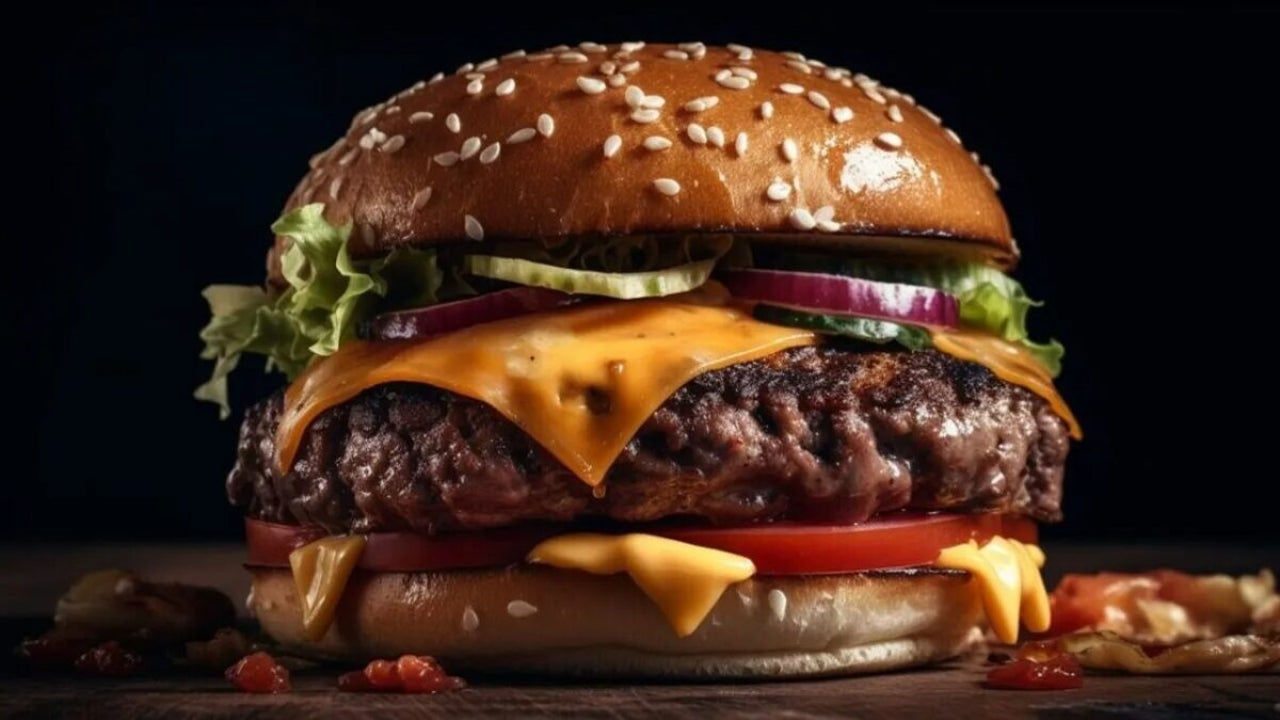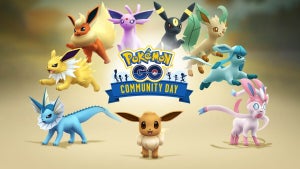News
Asking the AI for cooking advice is not always a good idea
AI can't always make our lives easier.

- March 12, 2024
- Updated: March 23, 2024 at 10:52 AM

Even without AI involved, the similarities in recipes are a very delicate issue in the world of food, you just have to follow a few influencers on Instagram to realize it.
Some influencers get involved in controversies if another gastronomic blogger or author of a cookbook claims that their recipes have been stolen. This has been happening for decades, but with social media, accusations of plagiarism have skyrocketed.
But chefs have very few legal resources if they believe someone has appropriated their work. A simple list of ingredients and instructions is considered an idea that cannot be protected by copyright.
Many recipes have an element of oral tradition; many are passed down from parents to children. There is no way to record this anywhere.
And, just like with musical chords, there is a limited number of ingredients that can be combined to obtain an acceptable recipe. And that’s where AI comes in.
AI enters to make us part of the work, despite not having a palate
Large language models, such as those used by ChatGPT and Gemini, can take those permutations, analyze them faster than a human, and come up with a fairly solid recipe in a very short time.
That’s why finding recipes that fit a specific diet is often considered a potential good use of chatbots. On the other hand, it’s obvious that AI tools can’t prepare or eat food. In reality, they don’t “know” if a recipe will work, only that it fits the pattern of one that does.
Generative AI still occasionally amazes and invents things that are physically impossible to do, as many companies found out the hard way. The grocery delivery platform Instacart partnered with OpenAI, which manages ChatGPT, to obtain recipe images.
The results ranged from hot dogs with a tomato filling to a salmon Caesar salad that somehow created a hybrid of lemon and lettuce. BuzzFeed also introduced an AI tool that recommended recipes from its brand Tasty.
As experts explain, people have a certain level of trust when they read someone’s recipe or watch them prepare a dish. There is the experience of having cooked the food and tasted it.
AI models can still hallucinate and make mistakes when judging how ingredient volumes affect flavor. Google’s chatbot, for example, inexplicably doubles the eggs in almost all of its recipes.
ChatGPT and Bard can generate functional recipes, but experts agree that those dishes are passionless and generic.
Journalist specialized in technology, entertainment and video games. Writing about what I'm passionate about (gadgets, games and movies) allows me to stay sane and wake up with a smile on my face when the alarm clock goes off. PS: this is not true 100% of the time.
Latest from Chema Carvajal Sarabia
You may also like

Exodus, the Mass Effect of Wizards of the Coast, will expand beyond the video game
Read more

The new PlayStation 5 update adds a perfect accessibility feature for competitive gaming
Read more

Apple's AI smart glasses are in development and their launch is expected in 2027
Read more

The RTX 5070 Ti outperforms the Mac Studio in creative tasks
Read more

Larian comments on what the main aspect they are focusing on in their next game after Baldur's Gate 3 is
Read more

A player in Pokémon GO accumulates millions of experience points because of a particular Pokémon
Read more